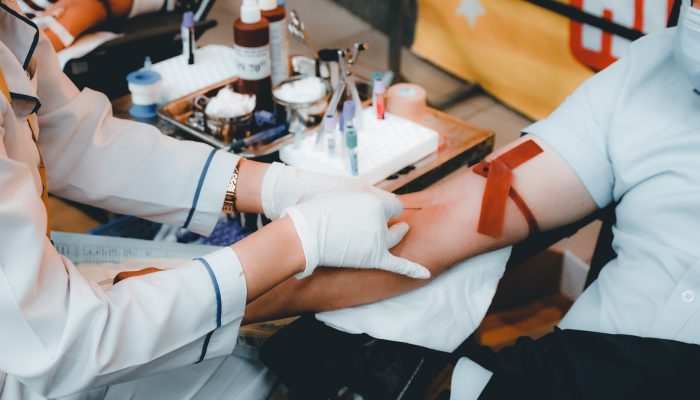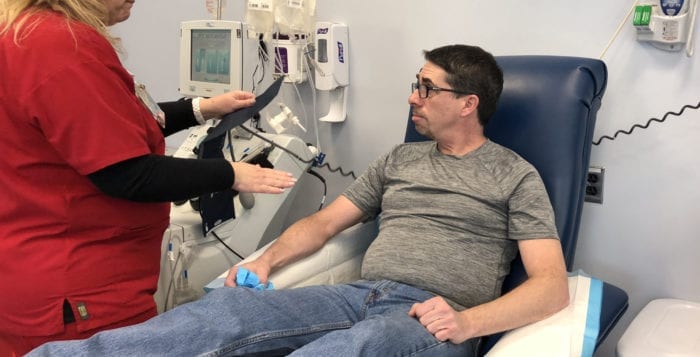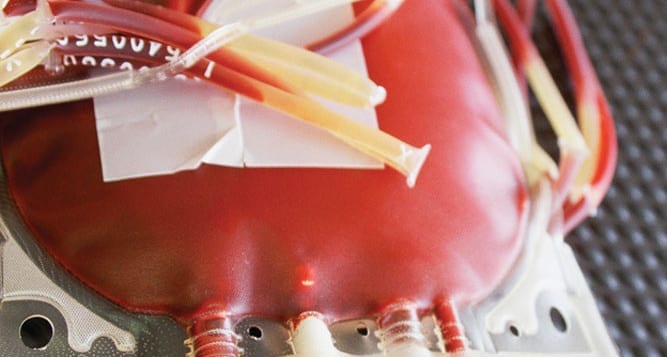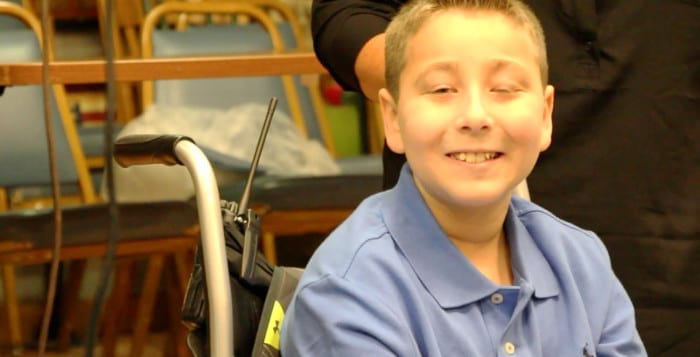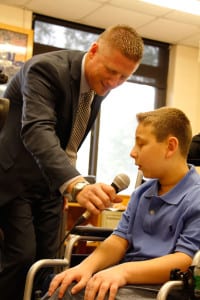By Carolyn Sackstein
Do you know someone who has had cancer, premature birth, open heart or other surgery, organ or blood marrow transplant, sickle cell, bleeding disorder or traumatic injury resulting in blood loss? That person probably required or requires an ongoing basis of transfusions of whole blood or blood products.
While organ donation is called “the gift of life”, organ donation cannot happen without the donation of whole blood and blood components, such as platelets, double red blood cells and plasma. In the case of platelets, the process takes about two and a half hours; 15 minutes to register and be prescreened for hemoglobin count, two hours to donate and 15 minutes to recover with juice and cookies while being observed by the staff.
Jennifer spoke recently of her experiences as a heart transplant recipient at a platelets donor recognition event. Over the course of her life she has needed regular infusions of platelets and other blood products to counteract the effects of anti-rejection drugs. Jennifer complained of abdominal pain from 14 to 16 years old, but medical professionals were unable to diagnose her. At age 16, Jennifer suffered a cardiac arrest while having an exploratory abdominal surgery. She was subsequently diagnosed with heart failure and was lucky enough to receive a heart transplant. Transplant surgery required multiple units of blood and other blood products.
Now, as an adult and a lifelong lover of all things Disney, Jennifer was planning a trip to Disney World despite feeling run down and fatigued. By the time Jennifer went to her doctor, she was within hours of dying due to her blood chemistry being severely depleted. By donation of multiple units of donated whole blood and platelets, Jennifer was saved, once again.
These donations not only saved her life, they saved the donated heart of her heart donor, a 14-year-old boy named Matthew. When Jennifer met the mother of her donor, his mother put her ear against Jennifer’s chest and said, “That’s my boy.” Both Jennifer and Matthew’s heart realized her dream of going to Disney World. Jennifer summed it up by saying, “My job is to live.”
While 62% of the population is eligible to donate, only 2-3% do so, according to the nonprofit New York Blood Center. Unlike blood drives conducted by local community service organizations and hospitals, the NYBC operates 24/7/365 to deliver blood and blood products to patients needing them. The need is most acute during holidays. There is a donation center located at 1010 Route 112, Port Jefferson Station. Call 800-933-2566 or visit nybc.org to schedule a donation. There are other NYBC sites in Ronkonkoma and West Hills.
The writer is a reporter for TBR News Media.

